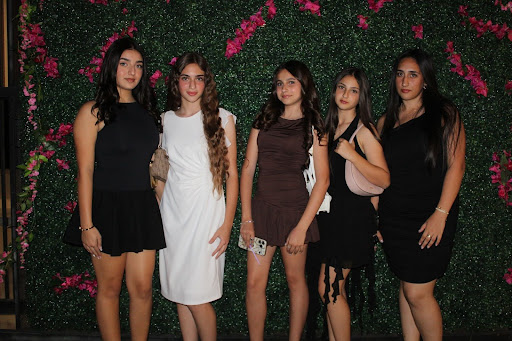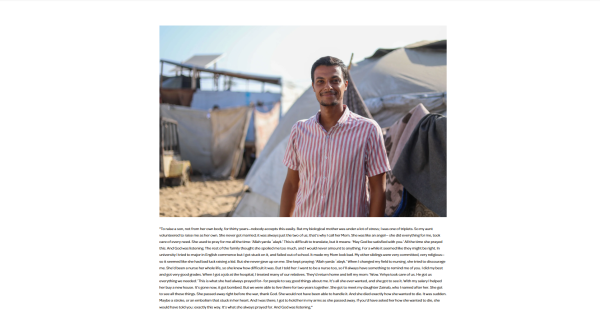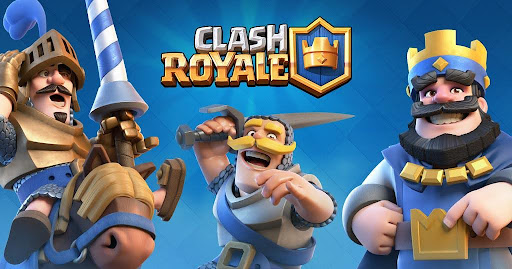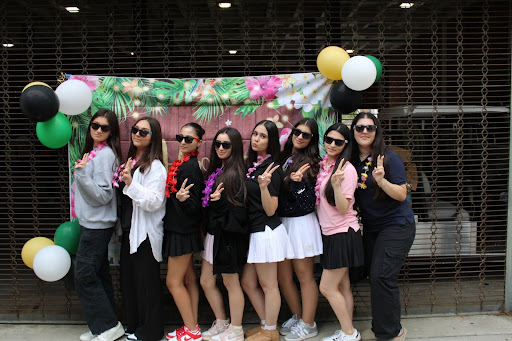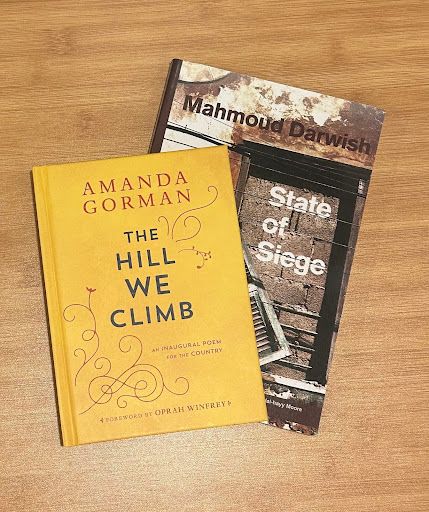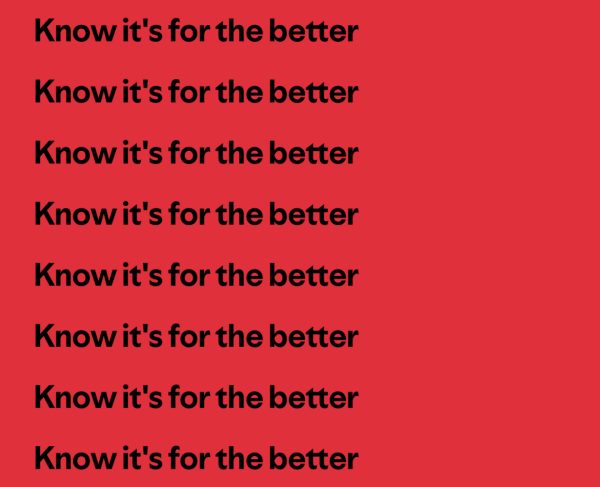Why horoscopes are not supported by science
Following your zodiac sign readings might not be as accurate as you think
“Horoscopes are too vague and try to be as broad as possible to connect or relate to someone’s life,” said senior Nazar Makadsi. Along with Makadsi, many other individuals don’t find that believing the promises and statements horoscopes make is logical. However, in Sept. 2017, a survey conducted by Statistic Brain suggested that 33 percent of Americans believe in astrology.
Astrology is defined as the belief that the alignment of the stars and planets affects a person’s mood, personality and environment, depending on the individual’s birthday. According to a study conducted by the National Science Foundation, 41 percent of respondents believe that astrology is “very scientific” or “sort of scientific.” Many studies have disproved that such astronomical bodies affect a person’s life according to their birthdates. Besides the correlation of the sun and the moon with weather patterns, connections between the alignment of astronomical bodies and human personalities is scientifically false.
Dr. Peter Hartmann, along with his collaborators, studied over 400 middle-aged male subjects and revealed that there was no evidence for the existence of relevant correlation between date of birth and individual differences in personality and general intelligence.
In a famous experiment, American physicist Shawn Carlson asked 28 astrologers nominated by the National Council for Geocosmic Research to attempt to match over 100 astrology birth charts to psychological profiles. The results showed that the astrologers were unable to match the charts to their corresponding personality tests better than random chance.
Just as some scientific studies do not find astrological data to be credible, Clark students and staff view astrology with similar skepticism, while a few put a good deal of stock in astrological predictions. Senior Benjamin Satzman said that he doesn’t believe in relying on zodiac signs and even tried an experiment of his own to prove that they are not reliable. “A friend of mine once asked me what his zodiac sign was so I told him a sign that wasn’t actually his and read the description of that sign. He said that it was ‘so him’ and that it was interesting how accurate the sign was. I broke the news to him that it was not his sign and he hardly believed me,” Satzman said.
The zodiac signs consist of 12 astrological signs, each based on a single month of the year. Out of a survey conducted with 74 Clark students, the most common zodiac sign found was Scorpio. These signs are used to determine which horoscope correlates with which individual.
Photography teacher Gregory Zamlich said that while he doesn’t think science correlates with astrology, he has found that some of the horoscopes he has read line up with his experiences and personality. “Whenever I read those zodiac sign horoscopes, they’re right on the nose for me, but I don’t think it really falls into the true category of science. It’s more of a theory,” Zamlich said.
Chemistry teacher Hrant Yahiayan said that he doesn’t see any support for science in astrology. “I don’t think there’s any science behind it,” Yahiayan said. “I think it’s all bogus,” Yahiayan said.
Horoscopes are not supported by science, since astrology is considered a pseudoscience (a collection of beliefs or practices mistakenly regarded as being based on scientific method). Since astrology isn’t based on evidence and its claims are so general and open to interpretation, people can always try to make it seem like their horoscopes are correct.
For example, scientific skeptic James Randi conducted an experiment during which he handed a horoscope to each person in a room full of men and women. He told the room that each horoscope was customized based on the information they provided about their birthdate, but actually handed each person the exact same horoscope. When rating how accurate the horoscopes were on a scale from one to five, most gave it a four or a five, but later found out that the whole room had the same descriptions.
Using zodiac signs to find out information about one’s “love compatibility” with another person is a common phenomenon that, once again, is not supported by science. In a study conducted by the University of Manchester in 2001, Dr. David Voas and the Senior Research Fellow analyzed the birthdays of 20 million husbands and wives in England and Wales to find that it didn’t reveal any evidence of attraction between star signs. “When you have a population of ten million couples, then even if only one pair in a thousand is influenced by the stars, you’d have ten thousand more couples than expected with certain combinations of signs. There’s no such evidence, though: the numbers are just what we’d predict on the basis of chance,” Voas said during an interview about the study.
Although astrology is proven to be a non scientific phenomenon, according to a study by the National Science Foundation, 58 percent of 18 to 24-year-old Americans believe astrology is scientific. An article written on the New York Post in Oct. 2017 said that “millennials are ditching religion for astrology.” This increased belief has allowed the psychic services industry to grow by 2 percent from 2011 to 2016. Banu Guler, co-founder of artificial intelligence powered astrology app Co–Star, said that the lack of structure in the descriptions is exactly what keeps young people to invest their time and money into their app.
“I don’t necessarily believe in them, but many of the descriptions they use are pretty accurate,” said senior Sofia Yeremian. “When it comes to things like horoscopes or relationship compatibilities, those are usually never true.”
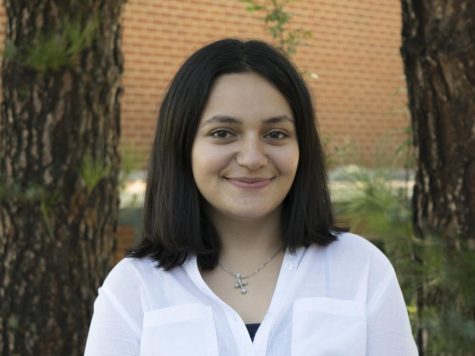
Interest/hobbies: Playing with my dog, watching Youtube videos, awkwardly dancing
Favorite year in music: 2007
Goals in life: To have a corgi and a wiener...



